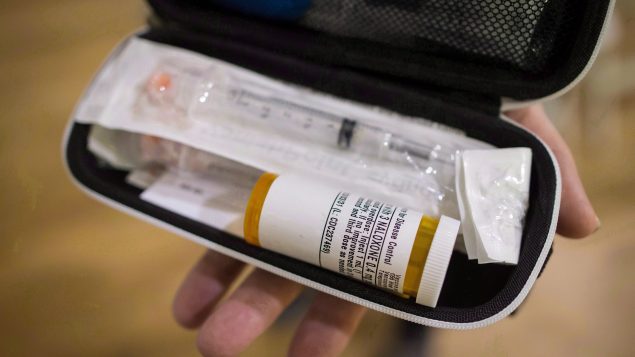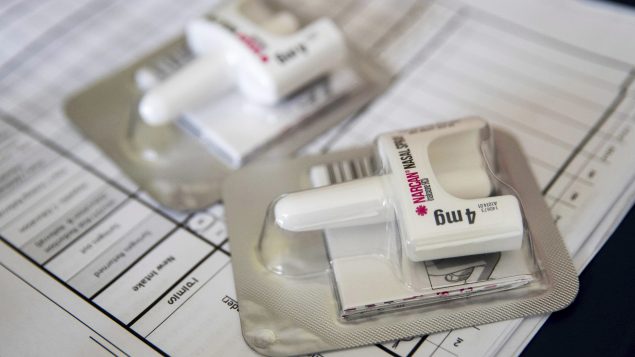With opioid overdoses fast rising among post-secondary students, the Canadian Mental Health Association (CMHA) has teamed with a pharmaceutical company to launch an education campaign aimed at young Canadians to teach them how to prevent and respond to opioid overdoses.
With a grant from Adapt Pharma Canada Ltd., the makers of NARCAN Nasal Spray, an antidote that can help reverse the effects of an opioid overdose, the CMHA has developed a toolkit that provides practical tools and resources to educate students, administrators, faculty and staff on how to identify and respond to an overdose on campuses.
The campaign, dubbed Carry It, encourages youth and school administrators and faculty members to carry naloxone kits, with both the injectable form and NARCAN Nasal Spray.
“If you care, we’re asking you to carry it,” said in a statement Fardous Hosseiny, interim CEO of the CMHA. “A compassionate, effective response to opioid overdose is multifaceted and ready access to naloxone where young people live, work and study is essential.”

Thousands of naloxone kits have been distributed in British Columbia and other provinces across Canada in a bid to stem the tide of deaths by drug overdose. (Darryl Dyck/The Canadian Press/November 13, 2017)
Youth aged 15-24 have the second fastest-growing rates of hospitalizations from opioid harms in Canada, according to the CMHA.
A new study from Angus Reid commissioned on behalf of CMHA found that 81 per cent of Canadians have reported witnessing someone take recreational drugs at post-secondary schools.
However, more than half of respondents said they didn’t know what to do if they encountered someone experiencing an overdose.
“With the prevalence of incredibly powerful synthetic opioids such as fentanyl and carfentanyl, we need to be prepared and equipped to respond efficiently,” said in a statement Mark Barnes, pharmacist at Respect Rx Pharmasave, Ottawa and member of the Ottawa Overdose Prevention & Response Task Force.
“Sadly, only a few grains of these highly potent drugs can be lethal so ensuring students are carrying a naloxone kit and are prepared to respond to an overdose can make all the difference.”
The CMHA Carry It Toolkit is available at www.cmha.ca/carryit.







For reasons beyond our control, and for an undetermined period of time, our comment section is now closed. However, our social networks remain open to your contributions.